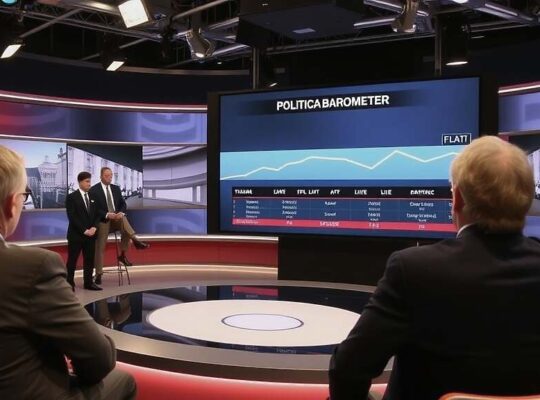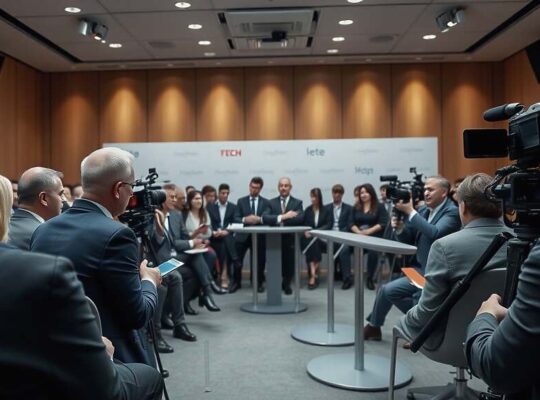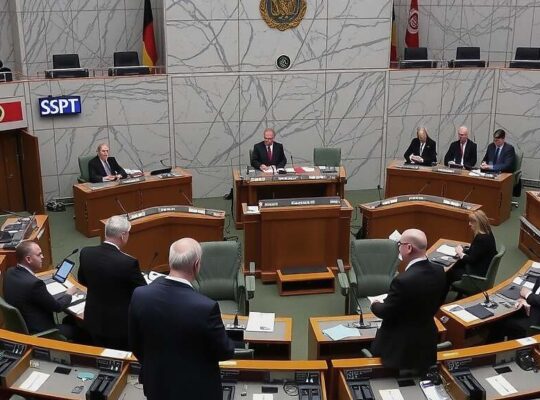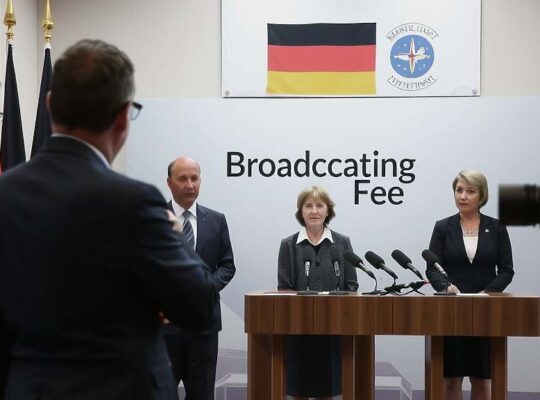German parents spend an average of 503 euros annually on digital devices and media for their children, according to a recent study conducted by the German IT industry association, Bitkom. Of this amount, 362 euros is allocated to hardware purchases such as smartphones, laptops, gaming consoles and headphones, while an average of 141 euros is spent on related digital services and content. These services include mobile phone contracts, paid educational software and apps and computer and video games.
The study reveals a varied distribution of spending, with 7% of parents reporting expenditures under 100 euros in the last twelve months. A further 24% spent between 100 and 199 euros, 25% between 200 and 499 euros and 23% between 500 and 999 euros. A smaller percentage, 5%, reported spending 1,000 euros or more, while 6% spent nothing.
A significant correlation exists between a child’s age and the amount spent on devices. Parents of children aged 6-9 spent approximately 302 euros on hardware, a figure slightly higher than the 290 euros spent by parents of 10-12 year olds. Spending increases considerably for older children, with parents of 13-15 year olds reporting average hardware expenditures of 437 euros and those with 16-18 year old children spending 435 euros.
Expenditures on digital services and content – including mobile contracts, games and learning apps – remain relatively consistent. Four percent of parents spent under 50 euros in the last year, while 17% spent between 50 and 99 euros. The largest segment, 45%, spent between 100 and 199 euros, with a further 21% allocating between 200 and 499 euros. Only 1% spent 500 euros or more and a further 1% reported no spending in this category.
Spending on digital services also demonstrates limited variation based on age, with parents of children across the 10-18 age range reporting similar average expenditures. Parents of children aged 6-9 spent an average of 127 euros on digital media, compared to 149 euros for parents of 10-12 year olds, 144 euros for 13-15 year olds and 146 euros for 16-18 year olds.
The data is based on a telephone survey of 1,004 parents with children between the ages of six and eighteen, conducted between the 22nd and 27th calendar week of 2025.












